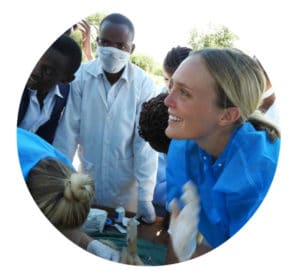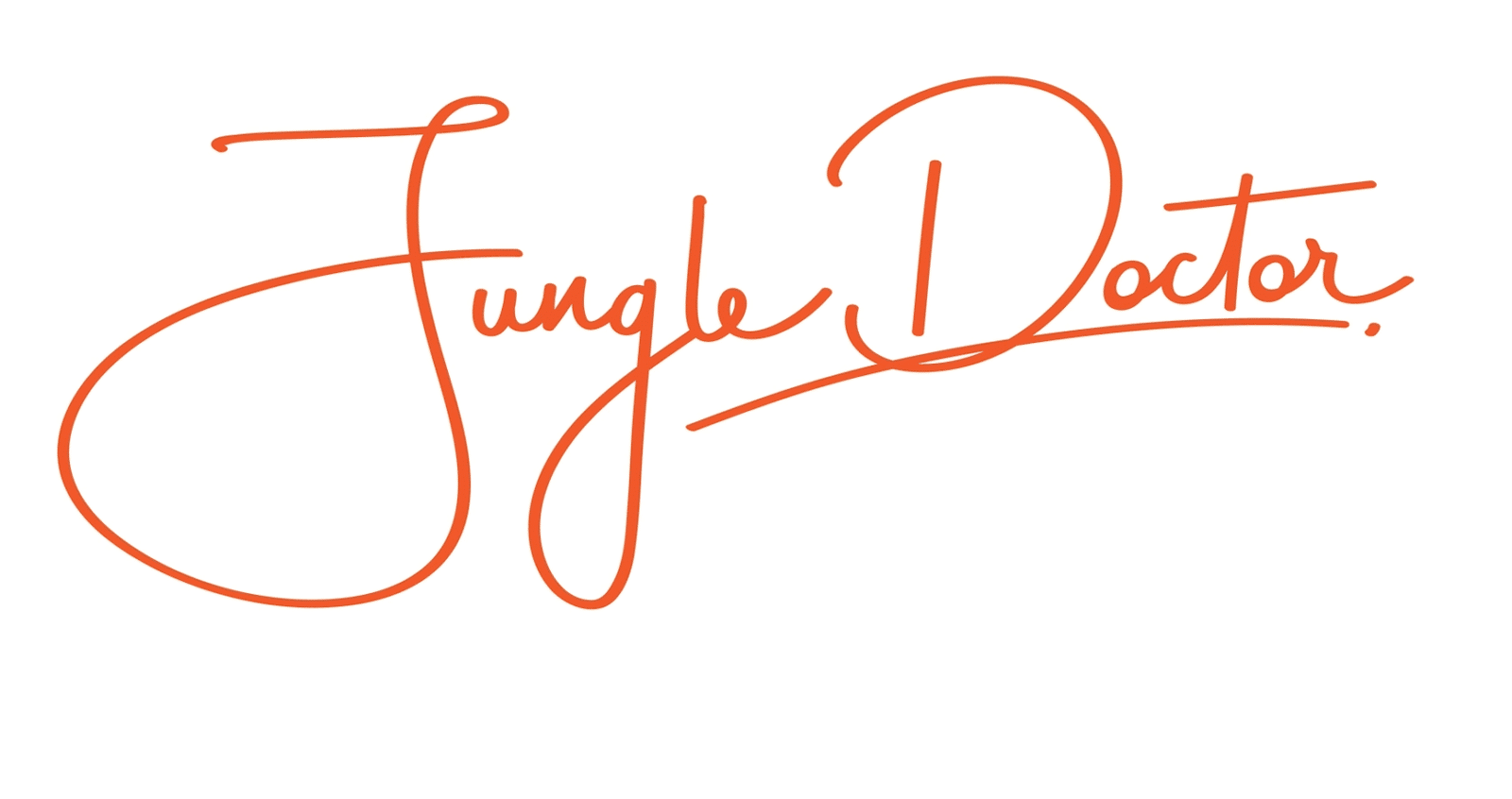I have been fortunate enough to spend time with a range of incredible organisations around the world that are doing important work in the field of conservation. Many of them rely on volunteers for their operations, and offer an excellent opportunity for people interested in wildlife conservation – from vets, vet students, vet nurses and technicians, biologists, marine scientists, and many more – to donate their time and skills in a meaningful way.
I have compiled a list of these organisations as a handy reference for anyone looking for ways to do just that. I have spent time with many of them myself and whole heartedly support the work that they do. Many of those listed have no volunteer fee, often only requesting that you cover food and board. You can find all the details by clicking “learn more”!
This list is updated regularly, so make sure to check back in for new ideas! If you have any questions, please don’t hesitate to get in touch – or join the JD Community below to stay up to date!
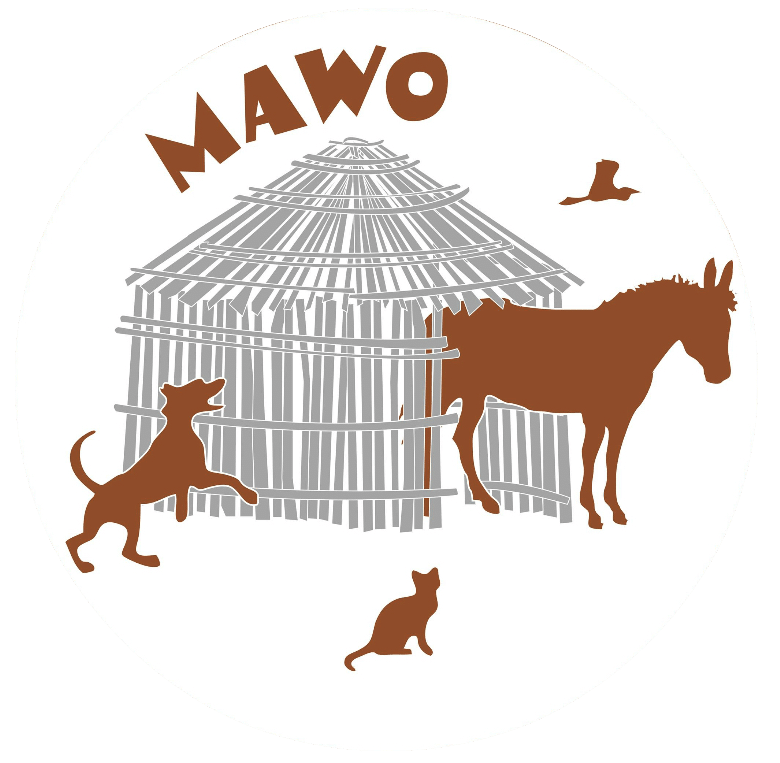
Meru Animal Welfare Organisation, Tanzania
Support this grass-roots organisation with your time and/or skills. Based in a rural Masai village, daily work includes rabies vaccination campaigns of the community dogs, educating local school children about the importance of animal welfare and wildlife conservation, and running animal health clinics for the local pets and working donkeys.
Learn more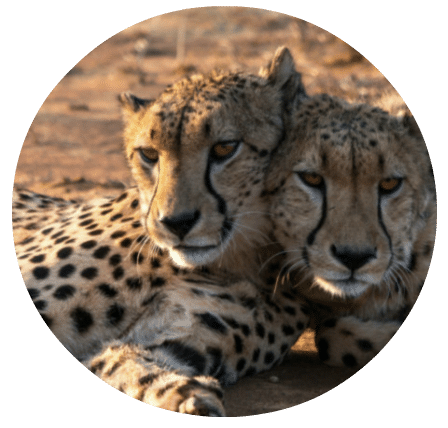
Cheetah Conservation Fund, Namibia
CCF is the world’s leading organisation dedicated to saving cheetah in the wild. Founded by Dr. Laurie in 1990, CCF has created a set of integrated programs aimed at addressing the principle threats to the cheetah. They welcome volunteers from many different backgrounds, and although there is a fee to participate in the program, there are several scholarships offered.
Learn more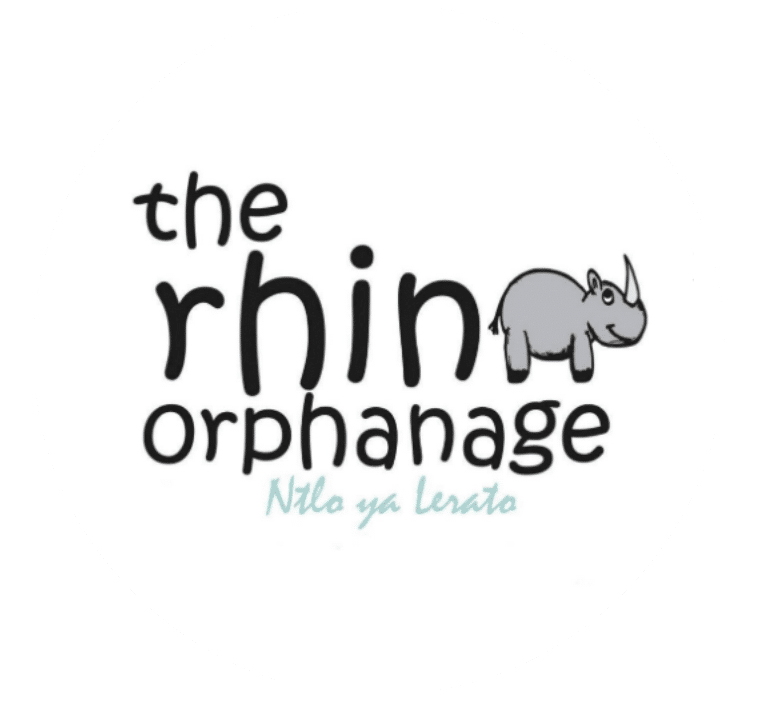
The Rhino Orphanage, South Africa
Care for young, orphaned rhinos at the Rhino Orphanage in the Limpopo Provence of South Africa. Volunteers from a variety of professional backgrounds are accepted, but there is a minimum time commitment of 3 months to ensure continuity of care for the young rhinos. There is also a selection process for these positions.
Learn more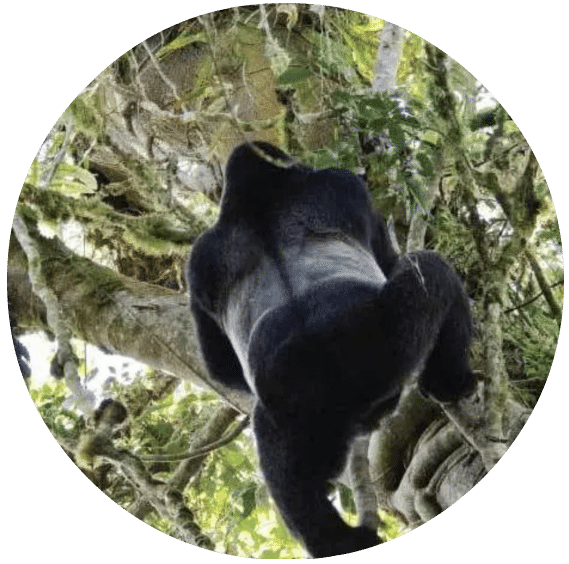
Uganda Wildlife Authority, Uganda
The UWA oversee all activity in Uganda’s National Parks, respond to call-outs to injured wildlife, and are affiliated with several wildlife sanctuaries in the country. In partnership with an organisation known as Conservation Through Public Health, volunteers can go into the field to monitor gorilla health or assist at the Gorilla Health and Conservation Center. Here they analyse samples from sick gorillas, livestock and people through a partnership with local health centres. By doing so, they find out what diseases are being shared and work towards preventing future outbreaks. The volunteer is responsible for their own food and board only.
Learn more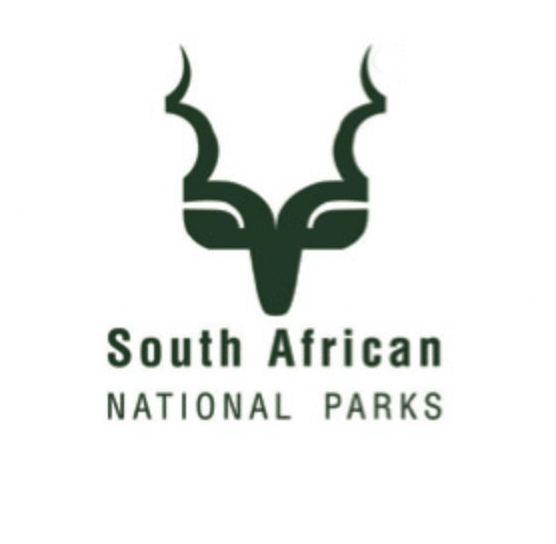
SANParks Veterinary Wildlife Services, South Africa
Join and assist the daily work of wildlife veterinarians in one of Africa’s biggest wildlife reserves – Kruger National Park. Such work may include darting from helicopters, capture and translocations of various species, and disease investigations. Vet students and veterinarians are welcome to join the team without charge, but are responsible for their own food and board.
Learn more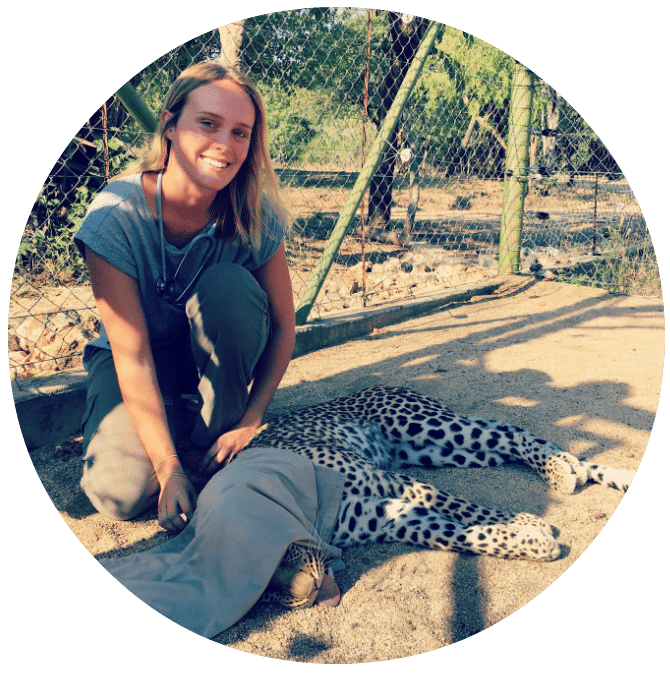
Hoedspruit Endangered Species Centre, South Africa
The Hoedspruit Endangered Species Centre is a wildlife facility in South Africa that focusses on the conservation and sustainability of rare and threatened species. They are involved in a range of activities from treating, rehabilitating and releasing injured animals such as poached rhinos, exploring anti-poaching initiatives, breeding endangered species (with a focus on cheetahs) and educating the community about the importance of conservation. Volunteers from a range of professional backgrounds are welcome.
Learn more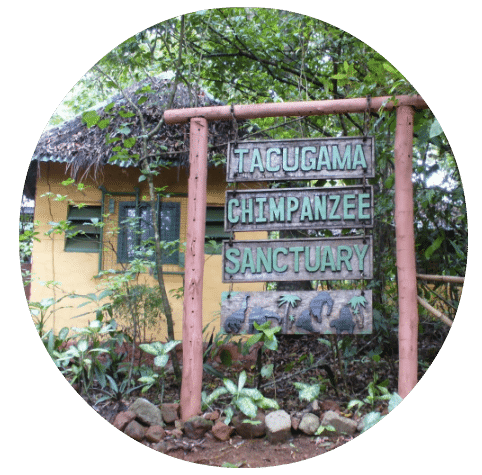
Tacugama Chimpanzee Sanctuary, Sierra Leone
Tacugama was established in 1995 to rescue and rehabilitate orphaned chimpanzees in Sierra Leone. Today it cares for close to 100 chimpanzees, while also being involved in local community outreach, wildlife field research, environmental sustainability and conservation education programs. Volunteers are accepted from a range of professional backgrounds. A weekly fee is charged to cover accommodation, food and local transport. Researchers are welcome to come and study a range of threatened species including pygmy hippo, pangolin, African manatee and the African Grey Parrot.
Learn more
Gorilla Doctors, Uganda and Rwanda
With 1,063 mountain gorillas left in the world today (as of the latest census in 2019), the health and well-being of every individual is vital to the species’ survival. The Gorilla Doctors veterinary team provides hands-on medical care to ill and injured gorillas living in the national parks of Rwanda, Uganda, and the DRC. They also regularly monitor the health of the animals and intervene to treat individuals with life-threatening illness or injury whenever possible. While they don’t offer volunteer opportunities, they do offer training and internship opportunities for students and early career professionals from the countries where they work - Rwanda, Uganda and DRC. To learn more about their wonderful work, see details below!
Learn more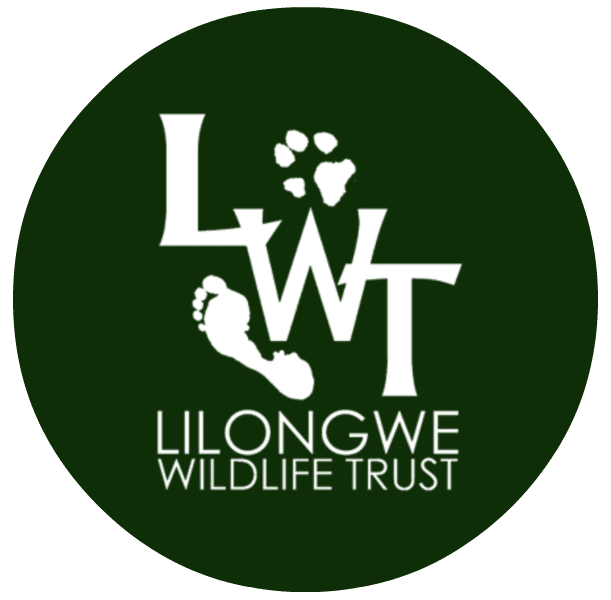
Lilongwe Wildlife Trust, Malawi
Malawi is known for its friendly people and beautiful places, but poverty, deforestation, wildlife crime and human-wildlife conflict have put the nation’s wildlife under immense pressure. The “Warm Heart of Africa” is also southern Africa’s principle transit hub for the trafficking of illicit wildlife products which threaten some of the region’s most iconic species with extinction. The LWT is an organisation dedicated to fighting wildlife crimes through the rescue and rehabilitation of injured wildlife, conducting conservation research in Malawi’s national parks, and coordinating with government to ensure penalties for poachers and traffickers.
Learn more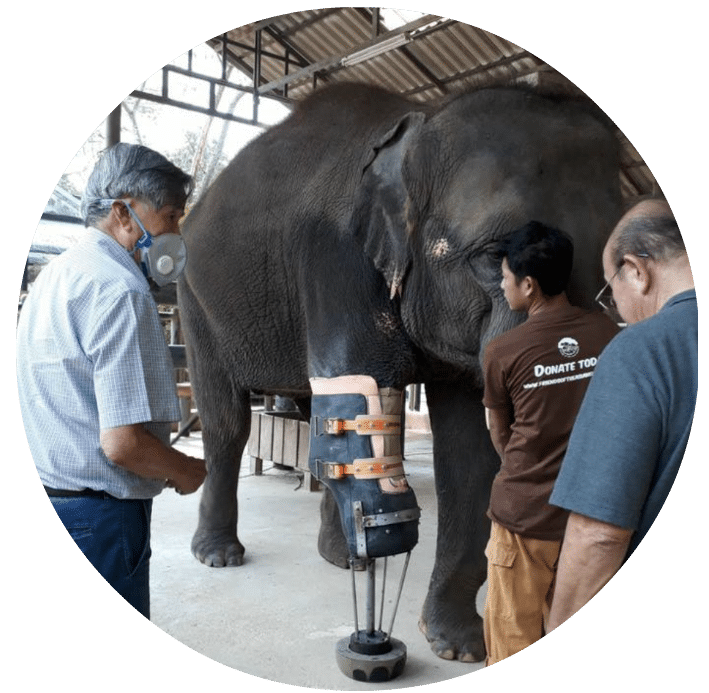
Friends of the Asian Elephant Foundation, Thailand
The Friends of the Asian Elephant Foundation became the world’s first hospital for elephants when it was established in 1993. Since then, they have expanded to include a prosthetics factory where they make prosthetic limbs for elephants that have been injured by landmines. Volunteers from a range of professional backgrounds are welcome, and are asked to cover their own food and board.
Learn more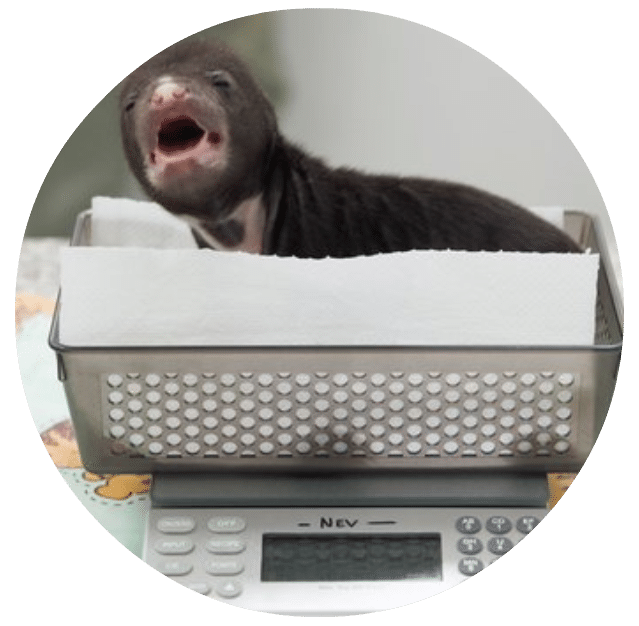
Free the Bears, Cambodia and Vietnam
Free the Bears is an organisation that is dedicated to rescuing and rehabilitating moon bears (Asiatic Black bears) in Cambodia and Vietnam. Many of these bears are kept in horrifying conditions throughout Asia, regularly milked for their bile which is used in traditional medicines. To do this, the animals are held in coffin-sized cages so they are unable to move, while dirty catheters inserted directly into their gall bladder to 'milk' the bile. Volunteers from a range of backgrounds are welcome, and there is a volunteering fee associated which goes directly into funding the ongoing care of bears at the facility.
Learn more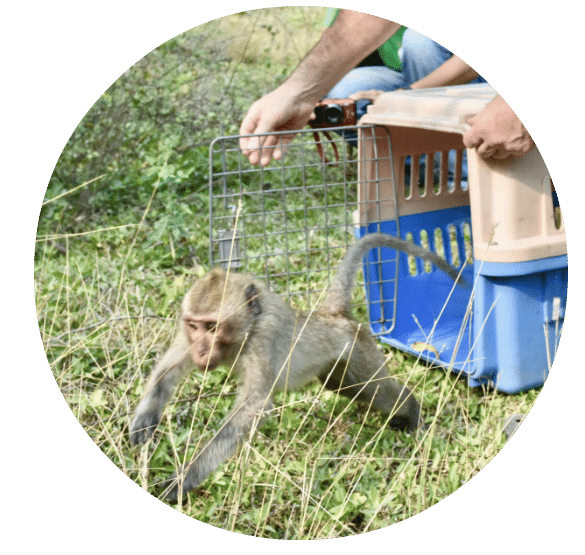
Wildlife Friends Foundation, Thailand
WFFT’s mission is to protect, rescue, rehabilitate and release wildlife that have been mistreated in Thailand. This usually occurs at the hands of the illegal wildlife trade, or through abuse while being used in the tourism industry. They are always in need of volunteer support to ensure that the animals get the best possible care – whether it be rehabilitation for release, or ongoing care at their facility. Their volunteer program is vital to their survival as it funds the majority of this work, and volunteers can choose to work in their Elephant Refuge, Wildlife Rescue Centre or Wildlife Hospital.
Learn more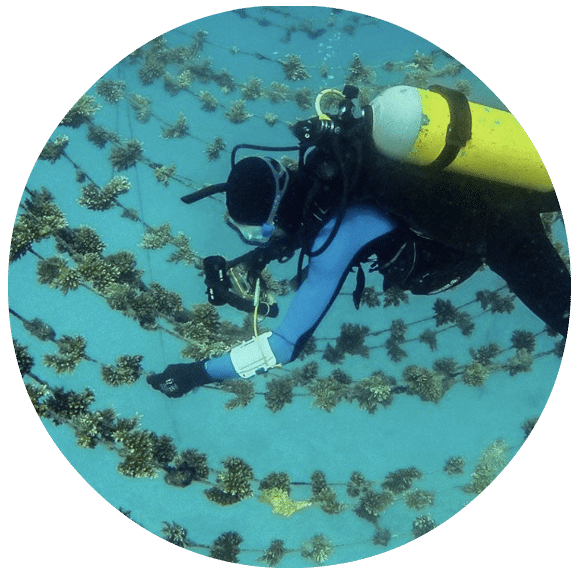
Tropical Research and Conservation Centre (TRACC), Malaysian Borneo
TRACC is a marine conservation organisation based in the Celebes Sea dedicated to protecting sea turtles and restoring coral reefs destroyed by the local fish bombing practices of Malaysia. Their projects involve coral transplanting, the establishment of a coral “nursery”, turtle conservation and identification, community education, and the removal of invasive crown of thorns starfish. Volunteers participate in daily operations at TRACC and there is a fee for the program, but a discount is available for professional volunteers from a range of backgrounds.
Learn more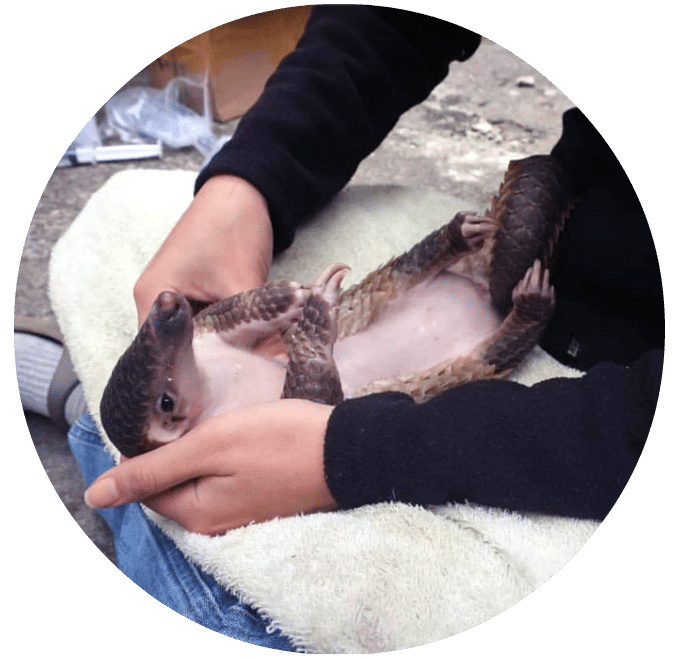
Save Vietnam’s Wildlife, Vietnam
Save Vietnam’s Wildlife is a non-profit organisation that was founded on the critical need for more effective solutions to secure a future for Vietnamese wildlife. At their rescue centre in Cuc Phuong National Park, they look after pangolins and small carnivores that were rescued from the illegal wildlife trade. Volunteers are very welcome to join and assist the team, but are asked to cover their food and board.
Learn more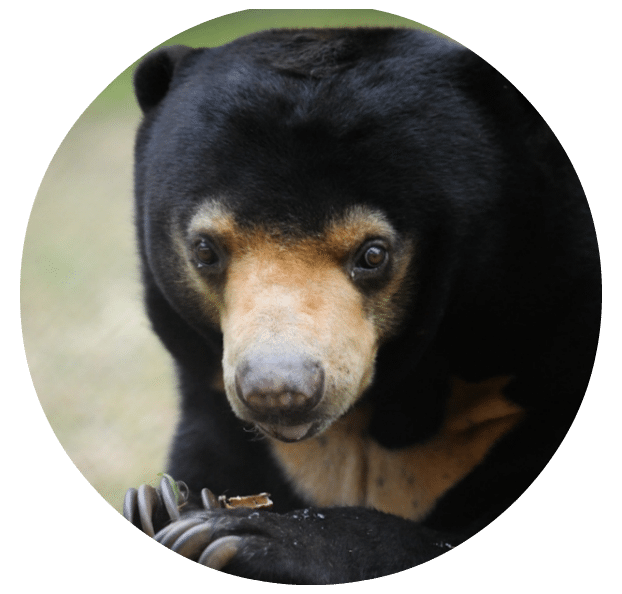
Animals Asia, China and Vietnam
Animals Asia operate bear sanctuaries in China and Vietnam where bears are rehabilitated and cared for after being rescued from bile farms. Their rescue centres in Chengdu, China and Tam Dao, Vietnam provide the bears with comfortable dens and semi-natural enclosures where they are able to recover in safety and spend the remaining years of their lives in the company of other bears. To date, 400 farmed bears have been received into their care. They accept veterinary professionals as hands-on volunteers for a minimum 3-month time commitment. Food and board must be covered by the applicant.
Learn more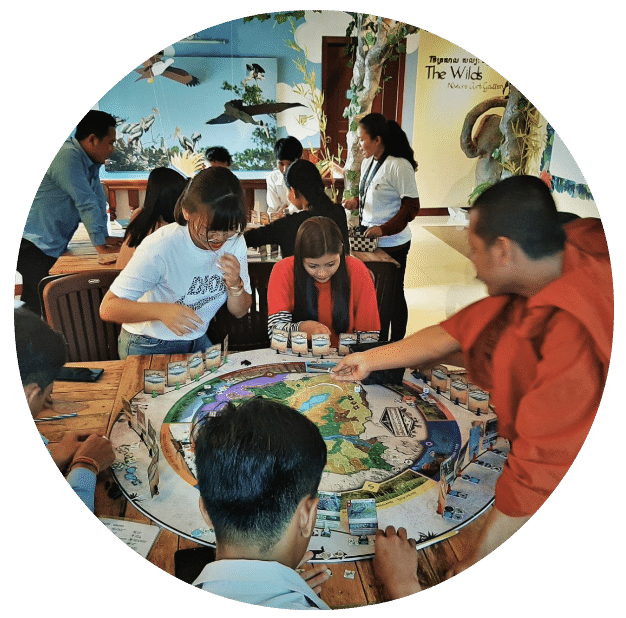
Fauna in Focus, Cambodia
A bit of a different one! Fauna in Focus is a Cambodian organisation that is dedicated to inspiring a new generation of wildlife lovers and conservation leaders. They address the disconnect between wildlife and people through the creation of nature discovery programs, environmental education workshops and the production of wildlife media. The country of Cambodia is small but has a rich diversity of plant and animal life, from wild elephants and clouded leopards to rainforests and jungles, which are vanishing at an alarming rate. FIF is based in Siem Reap and aims to improve knowledge of and attitudes towards wildlife, raise support for conservation and inspire a love of nature. They are looking for a range of volunteers to assist their mission, as well as interns eager to participate in wildlife film-making, science communication, fundraising and more!
Learn more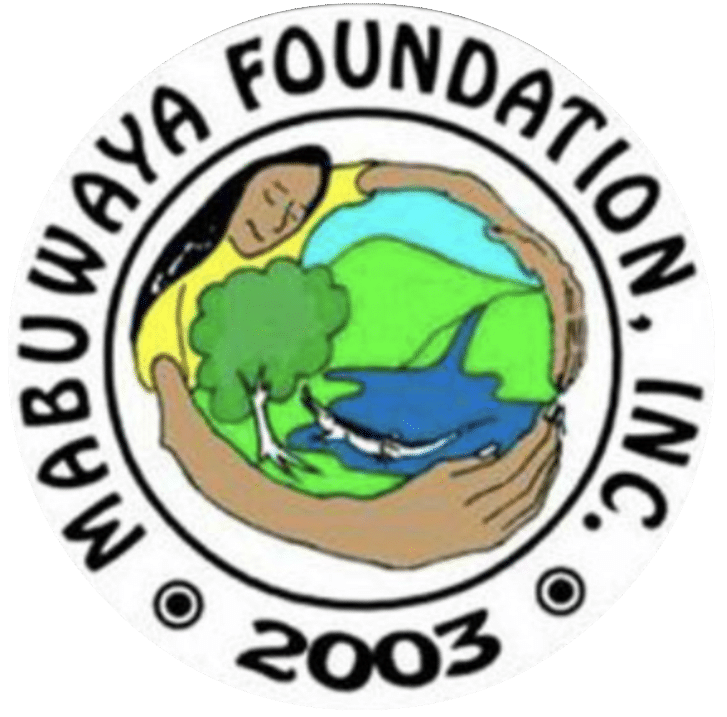
Mabuwaya Foundation, Philippines
The Mabuwaya Foundation aims to protect and conserve one of the rarest species in the world today – the critically endangered Philippine crocodile. With an estimated population of less than 250 in the wild, they are urgently working to conserve this species in its natural habitat of the Northern Philippines. They undertake quarterly population counts, monitor habitat changes, and conduct telemetry studies to determine the range and movements of the crocodiles. Through their “Head Start” program they monitor and protect nests, and collect hatchlings to be raised under controlled semi-wild conditions for two years before release – increasing survival chance from 5% to more than 80%. Although not a formal program, researchers and scientists eager to assist the project or conducting research of their own are welcome to visit and participate in their work.
Learn more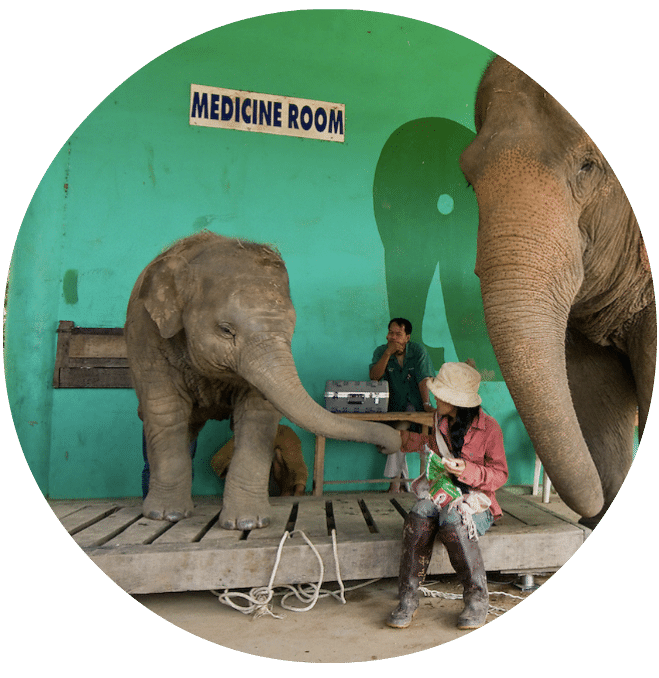
Elephant Nature Park, Thailand
The ENP is a well-known elephant sanctuary in the hills of Chiang Mai, Thailand, that cares for rescued, abused and mistreated elephants from all over the country. They have received multiple awards and widespread recognition for their work since establishment in 1990, and have hosted hundreds of thousands of volunteers since that time. Due to their structured programs it is a fantastic place for people just starting on their volunteering journey, and while they do have something for everyone, they also offer a veterinary-specific program for vet students, nurses, techs and vets alike. This program allows you to shadow and assist their veterinarians with the daily health checks and medical care of their elephant patients, and is an incredibly rewarding experience. There is a charge for this of approximately $400 a week which covers your food and board, as well as transfers to and from Chiang Mai.
Learn more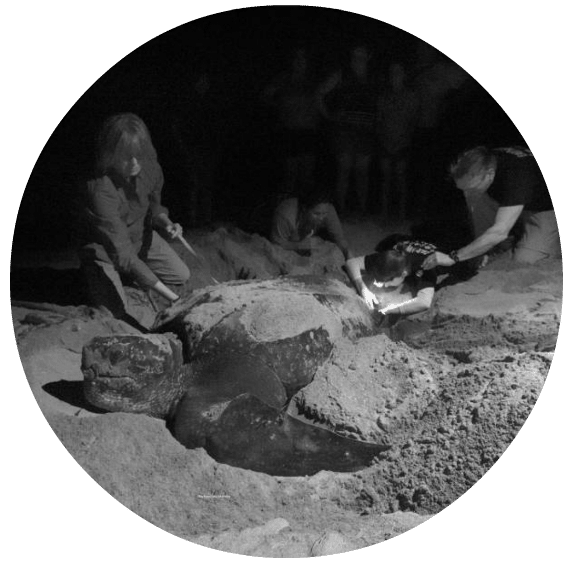
The Leatherback Trust, Costa Rica
The Leatherback Trust is a non-profit organisation dedicated to saving the leatherback sea turtle. Leatherback turtles are keystone species, meaning that they play a critical role in the balance of the ecosystem, but face many threats to their survival including poaching, plastic ingestion, entanglement in fishing nets and interference to their nesting areas. Volunteers are welcome to join the Trust’s research station, or participate in beach patrols during nesting season from October to March. They also offer a conservation internship that trains in monitoring and data collection of the sea turtles, as well as local crocodiles, monkeys and jaguars. The only costs associated are food and board.
Learn more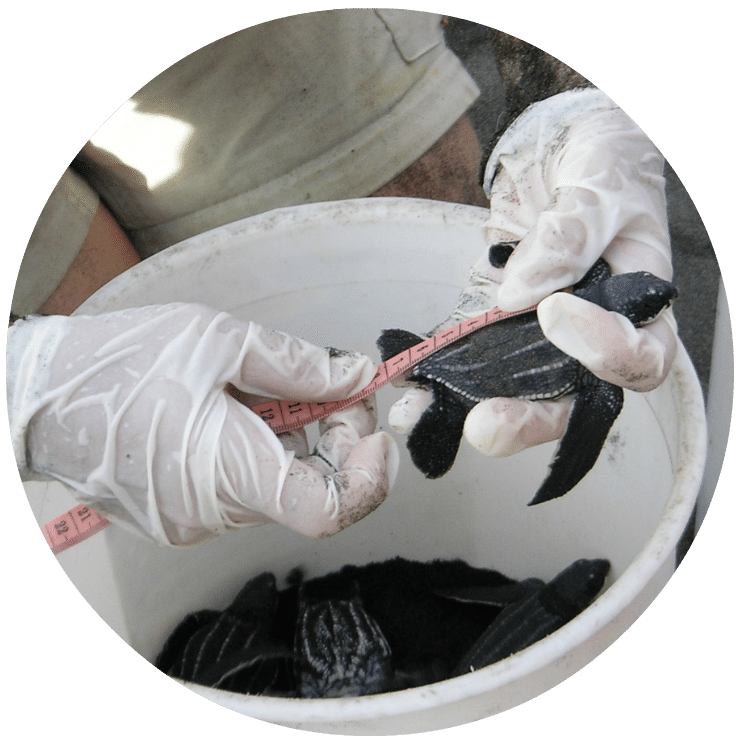
La Tortuga Feliz, Costa Rica
La Tortuga Feliz is a turtle conservation organisation that is situated on the Caribbean coast of Costa Rica in a mangrove-rich area that can only be accessed by motorboat. Conservation and protection is focused predominantly on the endangered leatherback and green turtles that come to nest in large numbers in this area of the country. Their populations are plummeting due to the illegal poaching of their eggs, and volunteers at LTF provide valuable assistance with beach patrols, egg collections, rehabilitation of injured turtles, and 24-hour surveillance of the hatchery on site. LTF also employs local people to assist with beach patrols, and by helping to generate an income, they hope to take away the necessity for them to poach the turtles and their eggs. Volunteers cover the cost of their food and board, but there is no fee for participation.
Learn more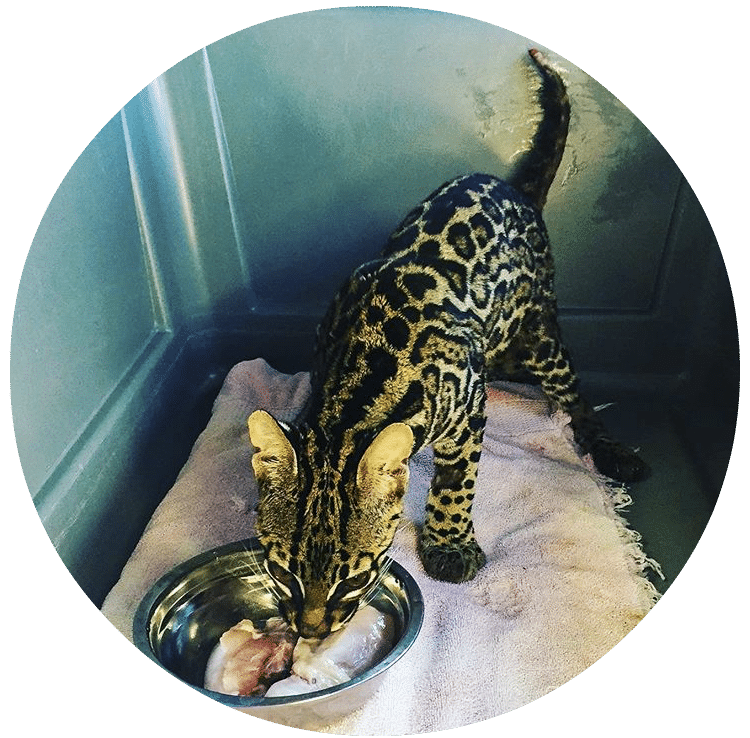
Belize Wildlife and Referral Clinic, Belize
The BWRC is an organisation and wildlife hospital that rescues and rehabilitates, where possible, injured, orphaned or displaced wildlife in Belize. Many patients come into the clinics care after being rescued from the illegal wildlife trade or after getting caught up in cases of human-wildlife conflict. Some of the species cared for at the clinic include iguanas, ocelots, macaws, ant eaters, sloths, toucans, pumas and honey bears. At their well-equipped medical centre, they offer internships and continuing education for vet professionals and students alike. Please note that there is a fee for these programs, but they are recognised as a formal clinical placement for students.
Learn more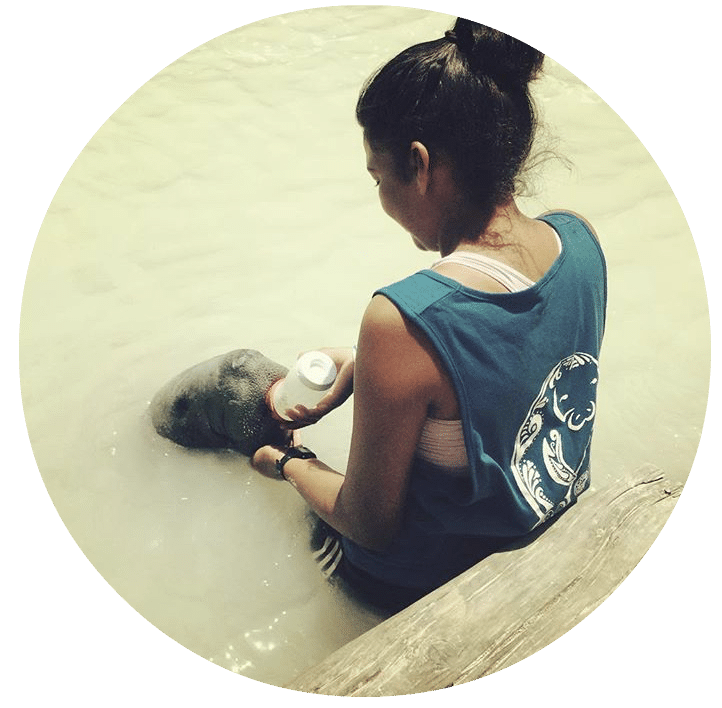
Wildtracks, Belize
Wildtracks is a well-established conservation organisation that has been working towards the sustainable future of natural resources in Belize since its establishment in 1990. Wildtracks protects wildlife through strengthening habitat conservation, effective rescue and rehabilitation of endangered and threatened species, and community engagement. They are well-known for their manatee rehab program that cares for the globally endangered Antillean manatee. These animals are facing increasing threats in Belize, particularly from increased boat traffic and watercraft collisions. With the wild population being so low, and the rate of injury increasing exponentially over recent years, it is important that each individual is rehabilitated. Volunteers from a range of backgrounds are welcome, and a volunteering fee applies that goes directly back into funding their work.
Learn more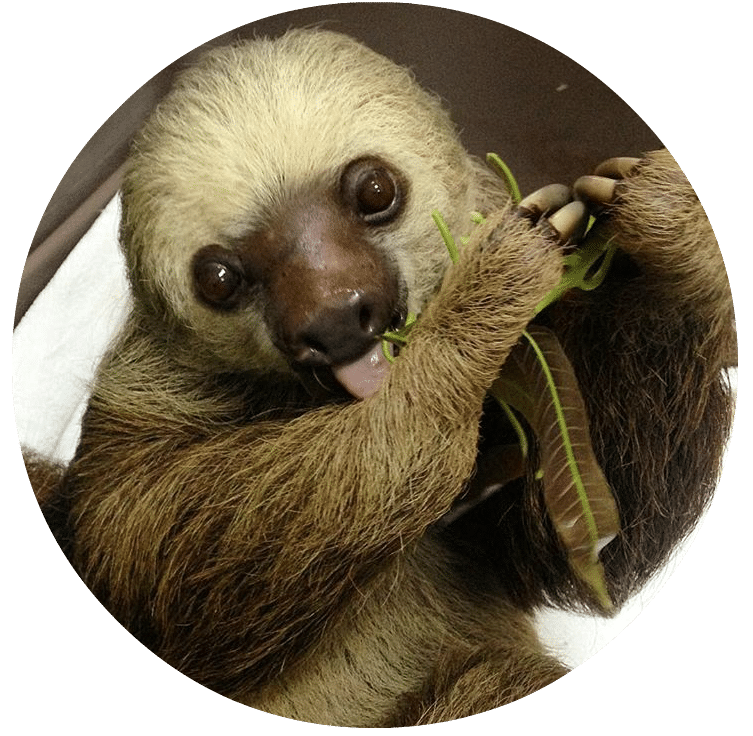
Asociación Panamericana para la Conservación, Panama
The APPC is a non-profit organisation working to rescue and rehabilitate injured wildlife in Panama. Species seen by the Centre include sloths, coatis, jaguars, toucans, anteaters, porcupines, iguanas, tapirs and margays. They provide medical care and feeding to up to 450 wild animals a year, and since opening in 2005, they have rescued more than 4500 animals including over 1000 sloths. They accept veterinary and non-veterinary volunteers to assist with their work, but there is an application process and wait list.
Learn more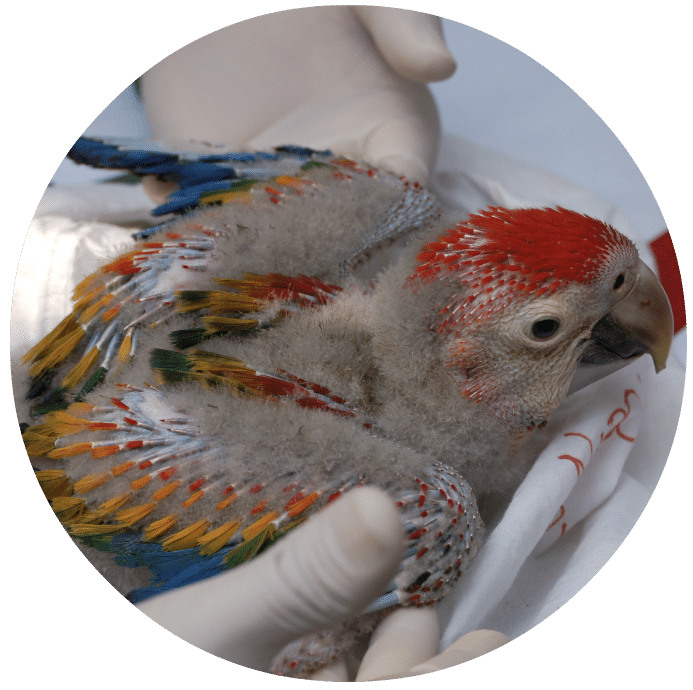
WCS, Guatemala
The scarlet macaw is the most widely distributed of all the macaw species, helping it to remain classified as Least Concern on the IUCN Red List of Threatened Species. But the Mesoamerican subspecies, A. m. cyanoptera, is highly threatened by poaching and habitat loss. Of the 1,000 or so that remain, it is estimated that 250 are within the Maya Biosphere Reserve of Guatemala. The WCS work within this reserve to protect macaw nesting and foraging habitat, and to eliminate poaching. They also monitor nesting sites, provide veterinary aid to fledgling chicks in need, construct artificial nests, and involve local community members in conservation efforts. To find out how to support them or get involved in their work, visit the link below.
Learn more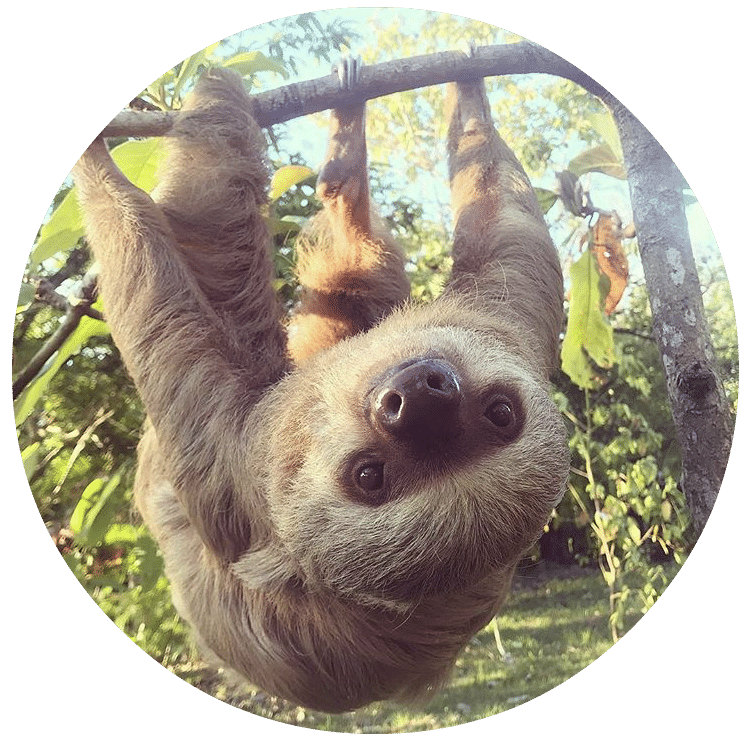
The Sloth Institute, Costa Rica
The Sloth Institute, located in Manuel Antonio Costa Rica, focuses on the research, education and release of hand-raised and injured sloths back to the rainforest. The Sloth Institute is not a sloth sanctuary, but instead focusses on research and education, with a particular focus on the behaviour, health and welfare of recently released, wild and captive sloths. Volunteers are critical to their sloth release and research programs, and are selected on an application basis for either 1- or 3-month positions. The work is largely comprised of physically demanding fieldwork, and volunteers should expect to work long hours through the night in hot and sweaty conditions. In exchange for your work, the SI provides food and board at no charge to those staying 3 months, but asks those staying for shorter periods to contribute $400 to these costs.
Learn more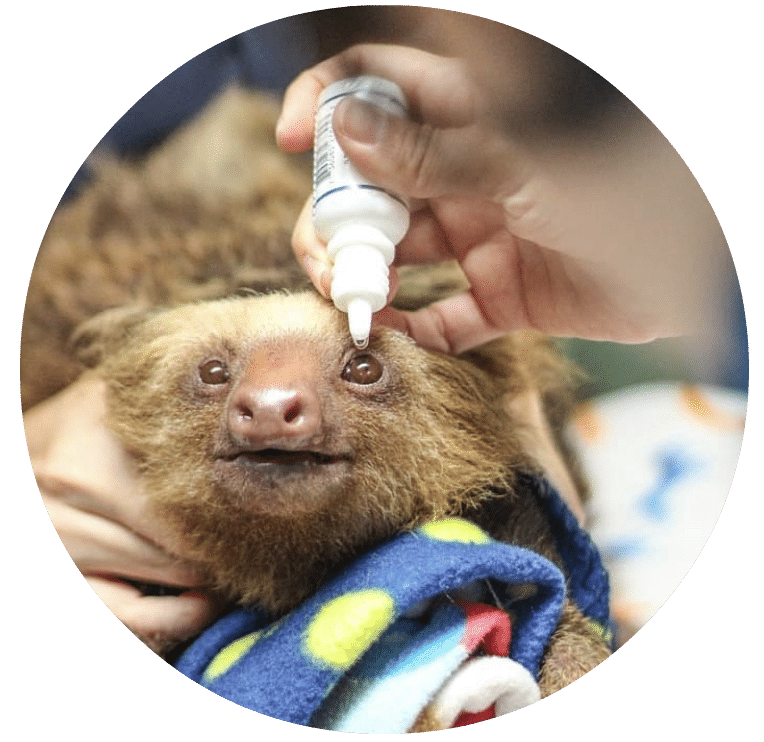
Rescue Centre, Costa Rica
The Rescue Centre in Costa Rica is a facility dedicated to rescuing and rehabilitating Costa Rica’s injured wildlife. They have a dedicated veterinary hospital on site which is run by a team of experienced wildlife veterinarians and volunteers. They are known for their passion and commitment to the wildlife of Costa Rica, and volunteers are welcome to join from a range of backgrounds. Veterinary professionals (including students) are welcome to join, assist and learn from the team which sees a large volume of clinical cases. There is a fee of $50 per day which covers all food and accommodation (including vegan options), as well as transfer to and from the capital of San Jose. There is no minimum or maximum time commitment, and the associated fee goes directly back into the work being done at the Centre.
Learn more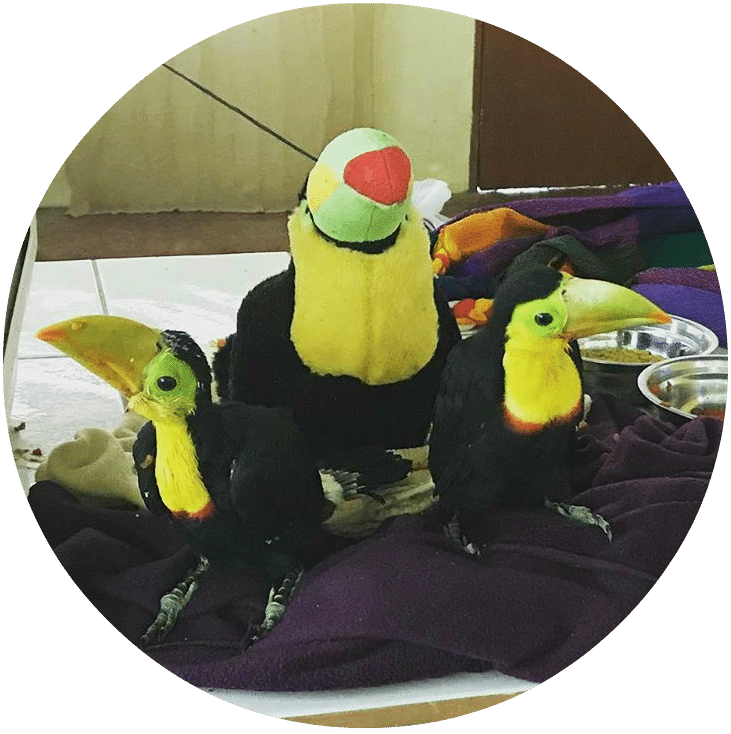
The Toucan Rescue Ranch, Costa Rica
The TRR was founded in 2004 with the original intention to rescue, rehabilitate, and release Costa Rican toucans. Due to their success, they have transitioned into a full-time, multi-species wildlife rescue facility that now specialises in a wide array of species including sloths, owls, weasels, porcupines, cats, kinkajous, parrots, and more. They care for sick, injured and confiscated wildlife, and work closely with local government authorities on cases of wildlife crime. They accept a wide range of volunteers for placements (biologists, students, veterinarians, etc) for a minimum of 4 weeks. Most of the work is focussed on animal husbandry, although this can be tailored to the volunteer’s particular skill set or area of interest. A $50 per week contribution is requested but is waived for locals or those staying 3 months or more.
Learn more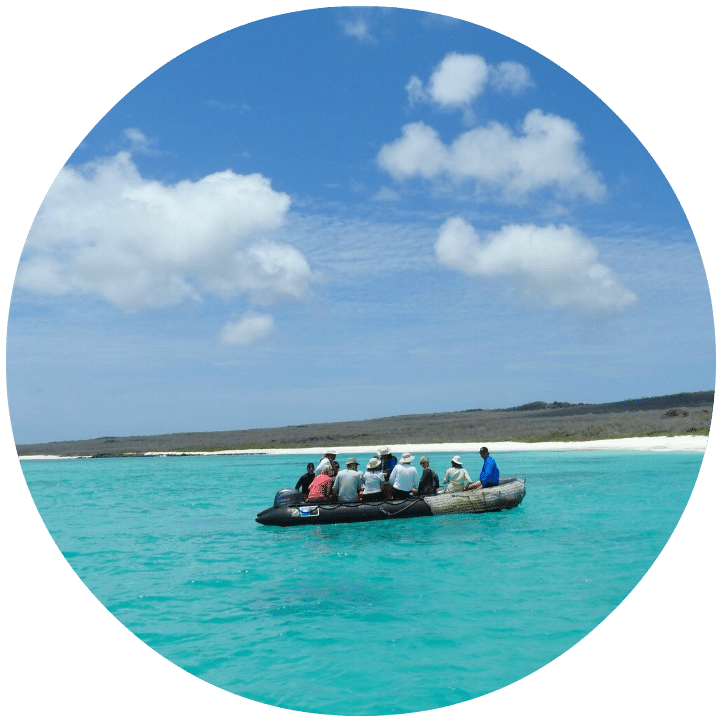
Charles Darwin Research Station, Galapagos Islands
The CDRS is a vibrant place with a national and international team dedicated to the conservation of the Galapagos archipelago. They provide knowledge and assistance to the Ecuadorean Government through scientific research to ensure the conservation of the environment and biodiversity in the Galapagos. Research in this area is focused on the long-term protection of marine and terrestrial ecosystems and priority conservation species. They offer a free volunteer program for local and international scientists, as well as hosting visiting researchers and students. There is no fee associated, and they even offer some research scholarships.
Learn more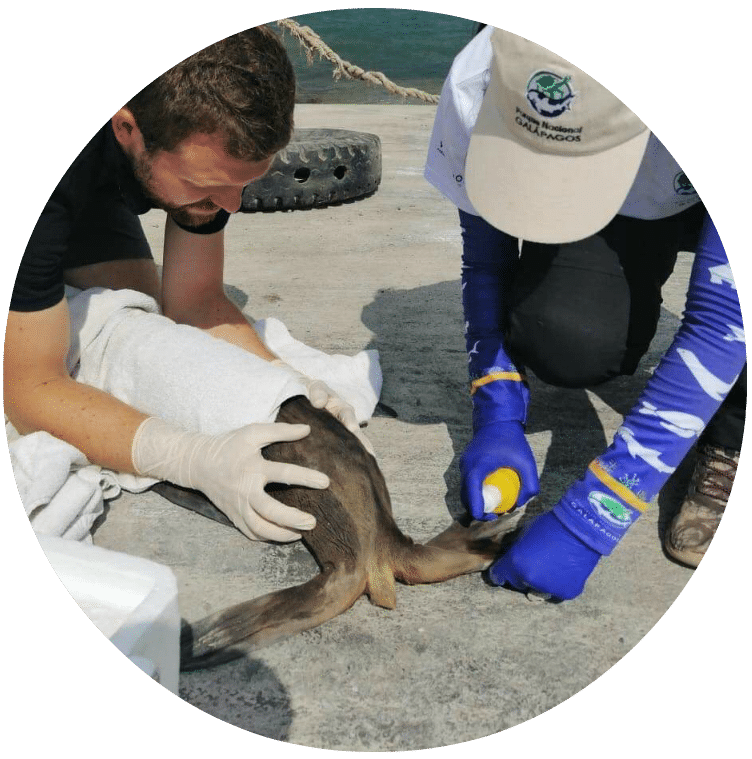
Darwin Animal Doctors, Galapagos Islands
The Darwin Animal Doctors is an organisation based in the Galapagos Islands that focuses primarily on the sterilisation of local dogs and cats. Their spay and neuter programs provide animals with healthier, happier lives and limit the overpopulation of dogs and cats preying on local wildlife. In addition, they provide life-saving surgeries and other necessary treatments that are otherwise unavailable or lacking in these regions. Veterinary volunteers (including students) are welcome, and are responsible for the routine care, emergency care and a variety of surgical procedures for domesticated animals and local wildlife.
Learn more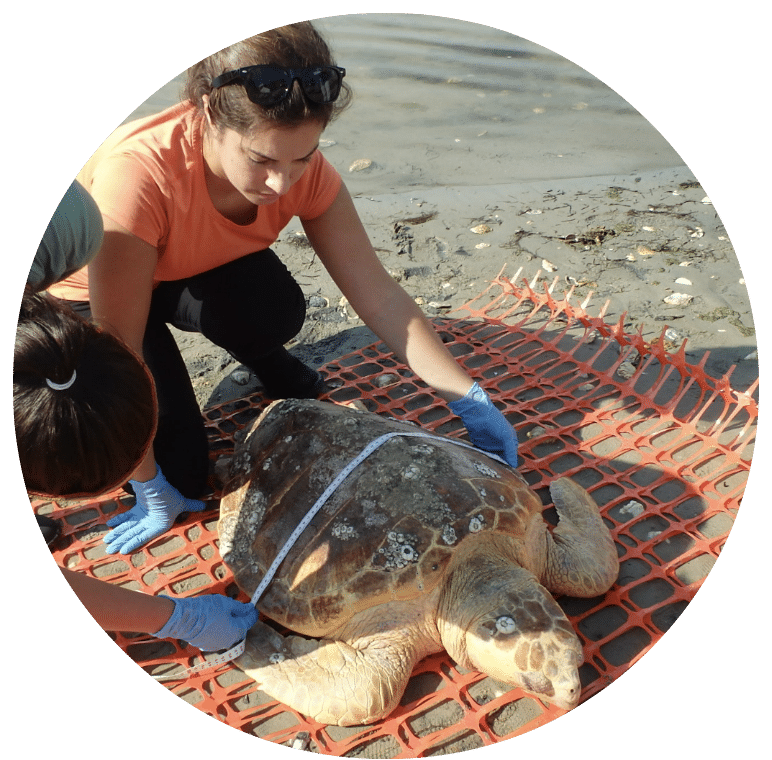
Instituto Gremar, Brazil
The Gremar Institute is a Brazilian NGO that is dedicated to the monitoring, rescue and treatment of animals found on the beaches of the coast of São Paulo. Their team of biologists, veterinarians and conservationists conduct environmental monitoring, run environmental education activities, respond to environmental emergencies and rehabilitate injured animals. Every morning at 5:45am, their teams monitor all 24 beaches of São Paulo for dead or stranded marine animals – most of who have ingested garbage or have become tangled in fishing nets. They welcome volunteers, and offer courses for professionals in biological sciences, veterinary medicine, oceanography and environmental management, to improve their knowledge of marine and coastal conservation.
Learn more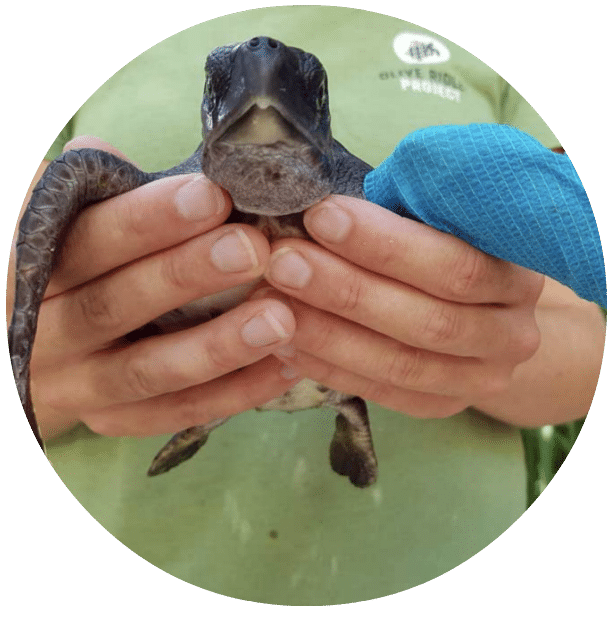
Olive Ridley Project, Maldives
The ORP was established in 2013 to address the issue of ghost nets (lost, free floating or abandoned fishing nets) in the Indian Ocean. In addition to physically removing these nets from the ocean, the ORP has established a Turtle Rescue Centre and Veterinary Hospital with a full-time veterinarian. Through this they provide medical care to all sick and injured turtles such as those found entangled in nets, suffering from plastic ingestion or injured in boating collisions. The hospital is fully equipped with a surgical facilities, x-ray, ultrasound and laboratory, and interns and volunteers from a range of backgrounds are welcome year-round. Their Visiting Vet Program invites veterinarians to stay for free, and they ask only that you bring some medical equipment or supplies to further their hospital!
Learn more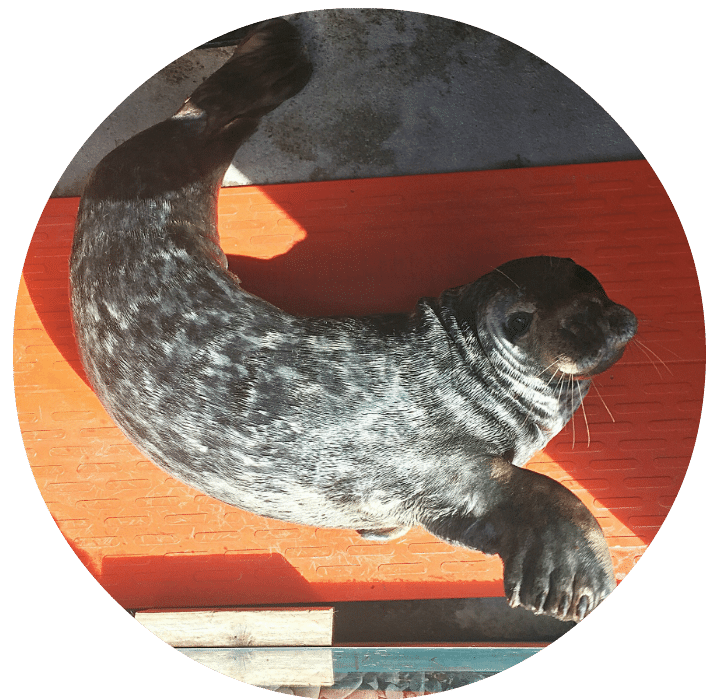
Seal Rescue Ireland, Ireland
Seal Rescue Ireland is an organisation dedicated to the rescue and rehabilitation of orphaned, sick and injured Common and Grey seal pups along the Irish coast. They take in around 100 pups a year, and care for them until re-release back into the wild at around 4 months of age, or once they have reached an appropriate weight. Seals commonly come into care after being separated from their mother during a storm, or due to human and dog interference on the beach. On site, the SRI has different stages of rehabilitation pools, including an ICU where pups may require tube feeding multiple times a day, and a “fish school” that they undergo before release. Although the seals often require veterinary care (some have even undergone amputations or enucleations in the past), this is primarily a husbandry placement and volunteers from a range of backgrounds are welcome.
Learn more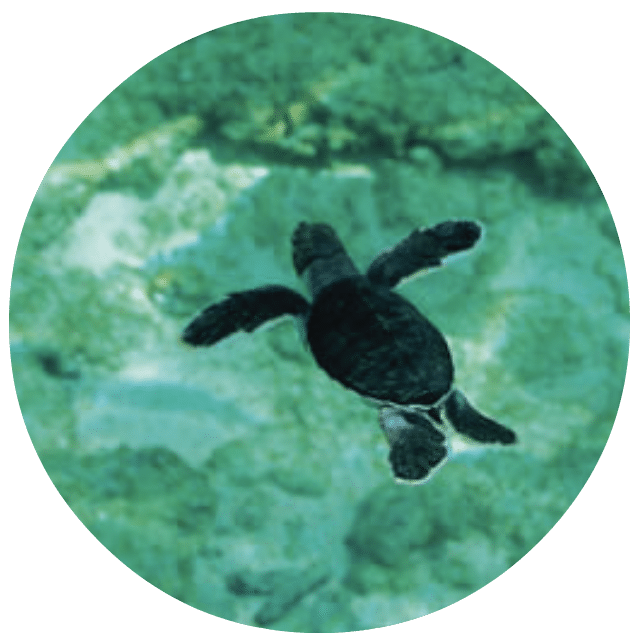
Archelon, Greece
Archelon is the Sea Turtle Protection Society of Greece, and they work to conserve and protect sea turtles and their habitats. Among their protected regions is the National Marine Park of Zakynthos which is home to the largest loggerhead turtle breeding area in the Mediterranean. Projects include nest monitoring on the outer Greek Islands; working in the Recuse Centre in Athens which treat and rehabilitate sick and injured turtles; and data collection through the capture and examination of wild turtles. Internships are also available for a range of academic fields. A minimum commitment of 4 weeks is required, and there is a small participation fee of around 90 USD a week which includes food, accommodation and insurance. If you are a returning visitor, there is also the possibility of applying to be a Field Leader, but a minimum commitment of 3 months is preferred.
Learn moreJD Annual Conservation Scholarship
Are you a student hoping to get more experience in conservation? Perhaps you’re conducting research, or working for a conservation organisation that’s doing great work? An annual Jungle Doctor Scholarship launched in 2020 to provide funding to students, vets, biologists, marine scientists and a range of other conservationists and organisations around the world to help support their studies, projects and work. Make sure to check back later in the year for 2022’s scholarship opportunity – 2021’s recipient was the Meru Animal Welfare Organisation in Tanzania!
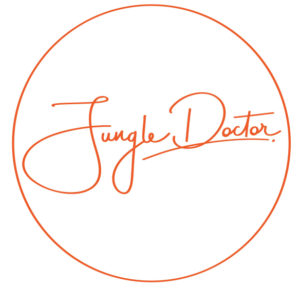
JD Student Trips
If you are a student interested in working professionally with animals, I am excited to offer Study Abroad programs, which can be found on my Loop Abroad page above, or directly at loopabroad.com. We take aspiring conservationists to learn about wildlife medicine in the field – to South Africa, Thailand, Costa Rica, Ecuador, Australia, Panama and Belize!
